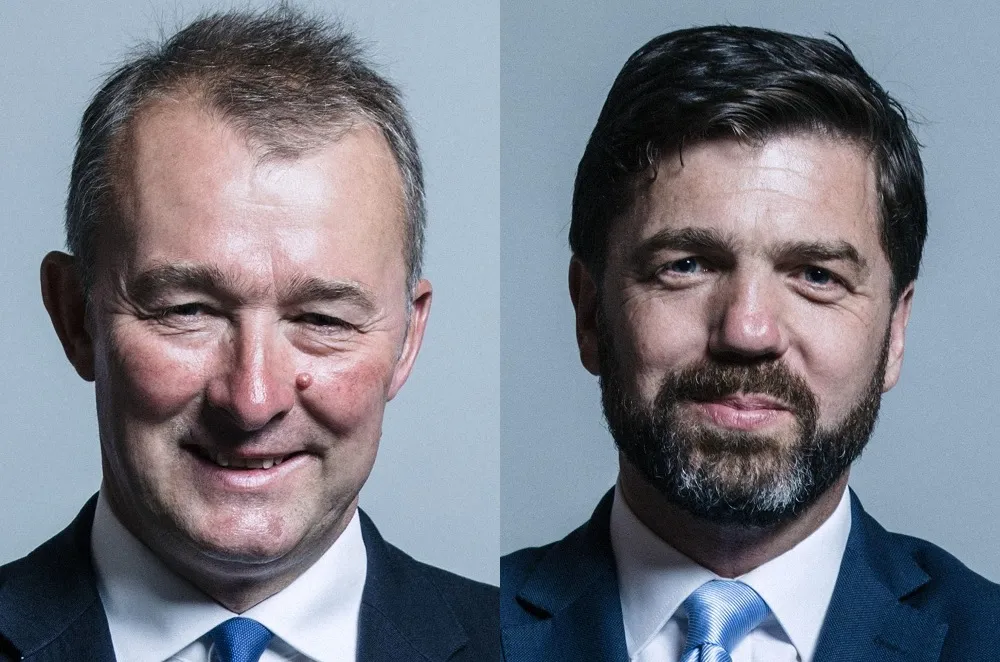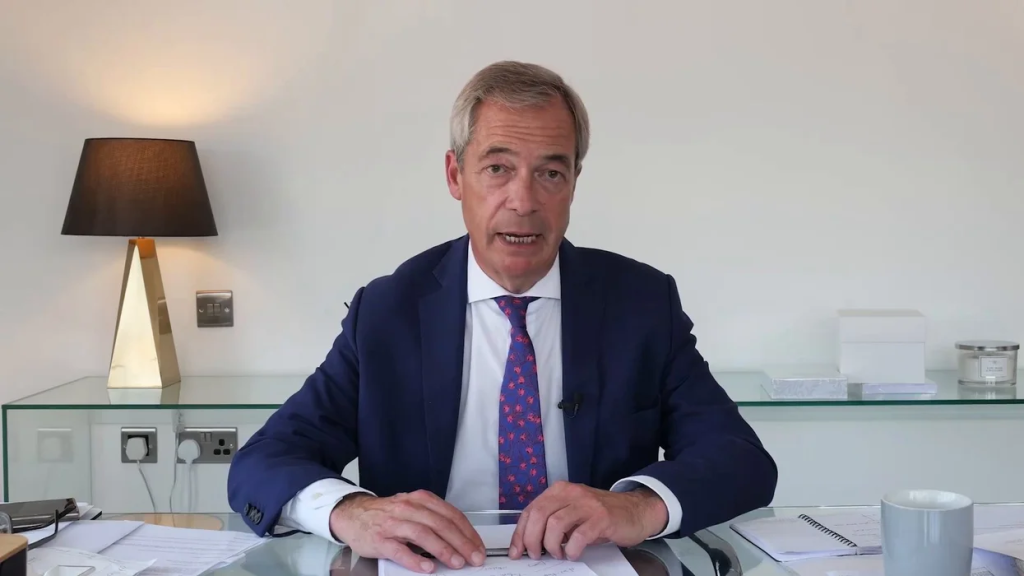WHAT started as a stunt in an Agricultural Show has turned into a full-scale crisis for Tory Senedd Leader Andrew RT Davies, writes Jonathan Edwards
In the sort of engagement exercise often used at such events, Mr Davies invited visitors to fill two jars, one supporting devolution and one calling for the Senedd to be abolished.
As we approach 25 years since the creation of a devolved government in Wales, some would say it is a perfectly reasonable question to ask. However, it obviously opened old wounds in the Tories in Wales over a question that many in the party deemed settled.
Mr Davies is a bull in a china shop type of politician.
However, as a leader, his statements and political actions have serious consequences.
By questioning the legitimacy of the Senedd, senior Tories in Wales have baulked at the potential implication of the direction he may be heading. Will there now be a move against him amongst his Senedd colleagues and the wider party? Who knows, but obviously, matters are not happy in the party in Wales, which is unsurprising after being wiped out in the General Election.
When parties are unhappy, leaders often face double scrutiny from their own camp, and clarion calls for a fresh start become deafening.

What really interests me is that the growing row highlights a major strategic dilemma facing the Conservatives in Wales after the events of July. Heavy election defeats inevitably lead to introspection.
The wider UK party is undertaking that process via a prolonged leadership election. In Wales, senior party figures must be pondering where exactly they go from their current position, particularly in the context of a fast-approaching Senedd election.
The Tories face an unenviable task.
From an organisational point of view, they have lost 12 MPs—some of whom were serious big hitters like Stephen Crabb, James Davies, David Jones, Simon Hart and David TC Davies. The party has a serious organisational hole to fill and a loss of substantial staffing resources.
Strategically, it also faces a threat from its right flank in the growth of Reform. I suspect this new landscape is what really led Mr Davies to ask the good people of the Vale if they supported the Senedd’s abolition.

He and others in the party are probably thinking primarily about how they can take on the Reform threat and reunite the political right.
The problem with that strategy is whether the Tories can seriously out-Reform Reform.
As a historian in a past life, what always struck me about the Tories is that they were great reformists when the times required a change of direction. Robert Peel and Benjamin Disraeli, in the 19th Century, completely remodelled the party as the franchise was extended. Thatcher remodelled the Tories completely on the back of the stasis of the 70s. She was so successful that every other UK party continues adhering to her philosophy forty years later.
I am sure future historians will argue that Boris Johnson remodelled the Tories during the 2017 – 19 Parliament. However, they will probably argue he wasn’t as successful as Peel and Disraeli, as his attempts at realignment proved to be politically and economically unsustainable.
Standing still for the Tories in Wales is no longer an option.

The easy option would be to fight on a Reformist platform.
What alternative is available to the Tories other than moving further rightward and being more devo-sceptic?
I wonder whether the party is prepared to be bold.

A potentially game-changing approach could be planting its tanks on Plaid Cymru’s lawn and proclaiming that the next Tory UK Government will use Brexit freedoms, favour full-fat devolution, and support devolving the major job creation leavers of VAT, Corporation Tax, and full income tax powers to Wales. The party in Wales could also declare semi-independence from the wider UK party, making the Senedd Leader the Welsh Leader while retaining close organisational and financial links.
In doing so, it would then be possible to achieve two strategic aims.
Moving the political debate in Wales onto tax and spending will make the economy a more natural Tory territory. The current focus in Wales on the debate being dominated on how to manage public services alone falls into Labour’s lap.
Secondly, the Tories will be able to compose a narrative of how they will improve the living standards of the Welsh people via the fiscal firepower at their disposal and gather the support of those likely to vote at the Senedd election who will likely be drawn towards Reform.
If the Tories were to make such an offer, the other parties would have to respond. Such a strategy would help the Tories entrench in the electorate’s minds that Labour is a status quo force in Wales.
It will also create a world of trouble for Plaid Cymru, which favours tax devolution but has no coherent idea about how to use taxation powers.
Some in Plaid favour a Republic of Ireland model, lowering taxes to increase competitiveness and attracting foreign direct investment and rich entrepreneurs. The majority of the party’s activist base favours a Scandinavian model with far higher levels of taxation. If the Tories applied a new and bolder approach properly, they could split Plaid Cymru in half.
On such a platform, the Tories could reasonably argue that they are the most pro-devolution party going into 2026 whilst supporting the Union.
It would throw a hand grenade into the lead-up to the election debate in Wales leading into 2026.
It’s the sort of realignment that sits completely at ease with their party’s Peel, Disraeli, and Thatcher traditions. It would place financial accountability at the heart of the political debate in Wales—the cornerstone of Conservative political philosophy.













